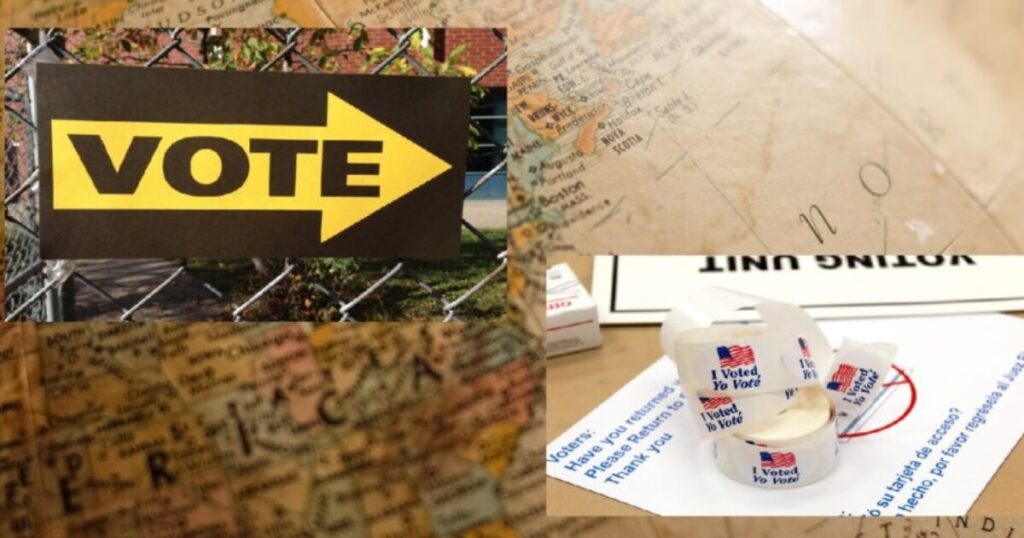The 2024 election has sparked significant controversy, especially surrounding the U.S. Senate race in Nevada, where numerous allegations of vote manipulation have emerged. Specifically, Republican candidate Sam Brown was reportedly leading against Democrat Jacky Rosen until a sudden drop in the vote count was noticed between November 7 and 8, 2024. This situation has led to claims of up to 26,902 votes mysteriously disappearing in the two largest counties, Clark and Washoe. Observers argue that this discrepancy is far too extreme to be a mere statistical anomaly, suggesting that it directly correlates to the number of votes by which Brown was ultimately defeated. This incident has raised serious questions about the integrity of the election process, prompting calls for investigation from various citizen groups seeking accountability.
The backdrop of these allegations draws a wider narrative concerning ongoing concerns about election integrity, particularly in traditionally swing states like Nevada and Arizona. Critics argue that these states are often subject to “endless ballot counting,” ostensibly manipulated by those seeking to alter electoral results. Given the political stakes—namely, the Democrat’s desire to regain Senate seats lost in previous elections—many view the aftermath of the 2024 elections as a critical reflection of systemic vulnerabilities in the electoral process. Instances of alleged election fraud are often dismissed by officials, who are accused of turning a blind eye to potential irregularities, allowing public concerns to fester and creating an environment of distrust in the electoral system.
A central point of focus in this discussion is the role of former Mesa County Clerk and Recorder Tina Peters, whose recent imprisonment for what some claim are baseless charges has drawn attention to her revelations regarding election cheating mechanisms. Peters has positioned herself as a whistleblower, claiming that her insights into alleged election fraud practices led to severe repercussions against her. This aspect of the narrative unveils a clash between the globalist elite and those advocating for election integrity, reflecting deep divides over how elections ought to be conducted and the transparency necessary to uphold public confidence in the results.
The Nevada GOP’s reticence to engage with these allegations has also attracted attention. Despite private citizens stepping in to file police reports and escalate their concerns directly to the Nevada Secretary of State’s office, official responses have been minimal or absent. For many, this raises further suspicions about the plausibility of the reported vote discrepancies and whether state Republicans are actively working to rectify or acknowledge these issues. As these concerns continue unfurling, a significant portion of the electorate remains unconvinced of the legitimacy of the election process and results, particularly given the widespread perception that vote counts can be effectively manipulated.
As votes trickle in, reports and charts detailing vote totals from the critical days of November 7 and 8 are gaining traction among skeptics and supporters alike. These documents indicate decreases in accepted mail ballot totals, countering normal expectations that such numbers should remain stable or increase as counts continue. The inconsistency among various state reporting platforms has further fueled speculation regarding the veracity of the counts being presented to the public and the motives behind potential discrepancies. For many Republicans and supporters of Sam Brown, the numbers seem to validate their fears of electoral tampering, as the apparent decline of 26,902 votes easily overshot Brown’s final loss margin.
Lastly, there are broader implications at stake regarding the future of American elections as they relate to security measures and the potential for future fraud. Former President Donald Trump has taken a strong stance against what he characterizes as rampant election fraud, promising strict consequences for those found guilty of undermining democratic processes once he regains office. Proponents of election reform maintain that implementing verifiable procedures, such as hand-counted paper ballots and voter ID requirements, could restore public faith in electoral outcomes and effectively mitigate opportunities for fraud. With deepening divisions over the trustworthiness of elections, the need for substantive reforms that lawmakers and communities can agree upon will be increasingly critical to addressing the electoral integrity crisis facing the nation.

